KUALA LUMPUR, Feb 1 — Malaysia demands that a biased and unscholarly article titled “The Palm Oil Industry and Non-Communicable Diseases” published in the World Health Organisation (WHO) Bulletin, to be retracted.
“We view the article as half-truths, unscholarly, flawed and utterly biased against palm oil, with suspected intention of demonising the palm oil industry,” Minister of Primary Industries, Teresa Kok Suh Sim said.
She said Malaysia also took offence on the study’s conclusion drawing parallels between the palm oil industry and tobacco and alcohol lobbyists.
“This outrageous claim thus casts aspersions on the reputation of our scientists and researchers while ignoring findings on the nutritional value of palm oil published in numerous peer-reviewed science journals,” she said in a statement after meeting on Wednesday with WHO representative to Malaysia, Brunei and Singapore on that article.
The Ministry of Primary Industries Malaysia, and representatives from the palm oil industry along with several senior academicians admonished the said article, said Kok.
These views were conveyed to WHO Representative to Malaysia, Brunei and Singapore Dr Lo Ying-Ru and its programme management and technical officer Dr Paul Soo, during a meeting with Kok, Malaysian Palm Oil Council (MPOC), Malaysian Oil Scientists and Technologists Association (Mosta) and Malaysian Estate Owners Association (MEOA).
Also present were MPOC chief executive officer Datuk Kalyana Sundram, Mosta president Tan Sri Emeritus Professor Augustine Ong, Mosta council member Datuk Choo Yuen May and Mosta International Scientific Advisory Panel members Emeritus Professor Datuk VG Kumar Das and Emeritus Professor Khor Geok Lin, while from MEOA were president Jeffrey Ong, vice-president Gan Tee Jin and committee members Marvath R. Chandran and Khoo Khee Ming.
“The ministry together with the groups are appalled by the WHO Bulletin editor’s decision to publish the article which claimed the palm oil industry is deploying tactics similar to alcohol and tobacco lobbyists to influence research into the health effects of its products.
“We note the explanation by Dr Lo that the article was not a study nor a policy or dietary recommendation of WHO but was authored by others and published in the bulletin after it was reviewed by its editor,” said the Minister.
According to Kok, WHO Malaysia expressed regret that the study was erroneously reported by Reuters as being a WHO study, giving an impression to the public that the study reflected WHO’s official views and stand on palm oil.
WHO explained that the article in the WHO Bulletin was published with a disclaimer and clearly stated as being authored by SowmayaKadandale, Robert Marten and Richard Smith (the authors), and added “…there is no way that this journal article can be correctly described as a WHO study.
“However, the damage has been done as Reuters’ erroneous interpretation has gained large traction and continues to be published in other sites, as well,” added Kok.
While the WHO Bulletin has to date declined to retract the article, we view that it should preferably be retracted for its biased, flawed claims. “We question why at all did it merit publication by WHO, a reputable international body on public health.”
Malaysia hopes that WHO continues to advocate its policies and recommendations purely on unbiased science and does not allow a repeat of this type of incidence. Meanwhile, the MPOC will register its critique of the published study via a Letter to the Editor of the WHO Bulletin.
Kok and the WHO representatives concluded that it would further be desirable to hold a joint technical seminar in the region to help correct many of the misinformation surrounding oils and fats especially palm oil. — Bernama

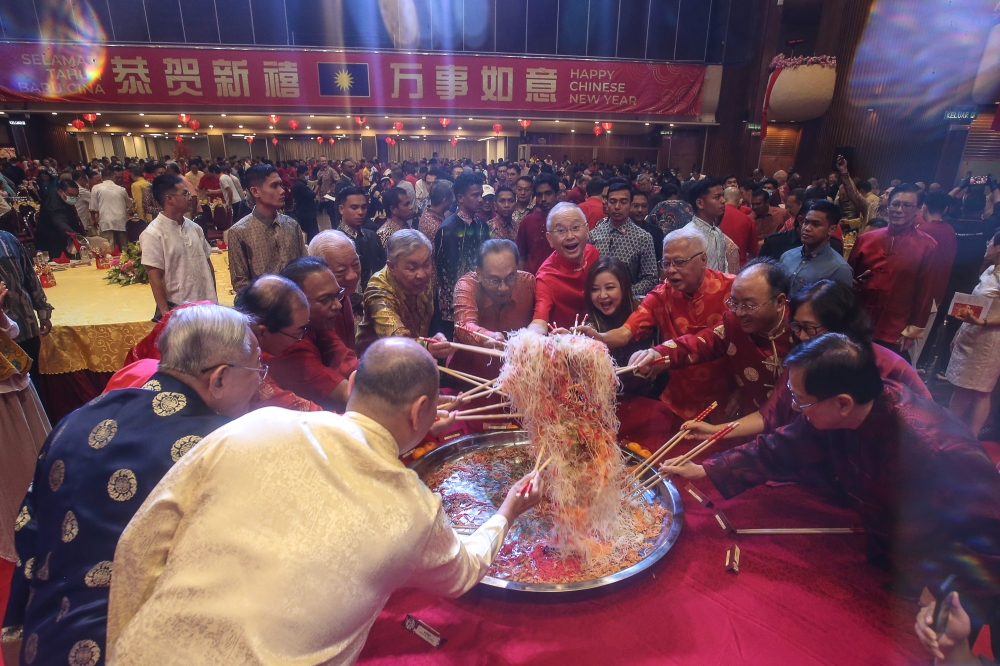
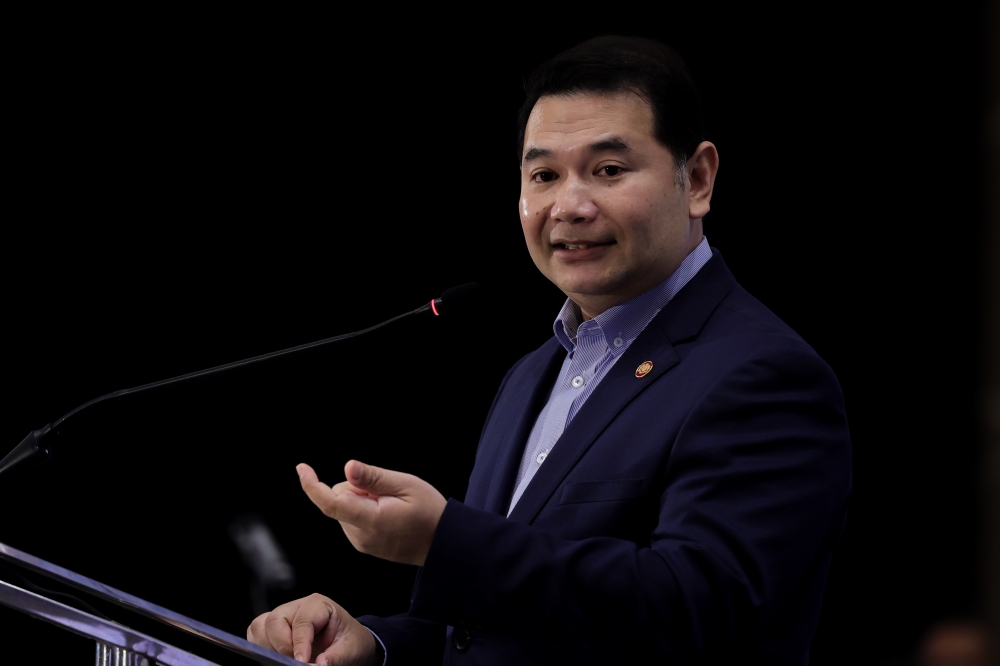


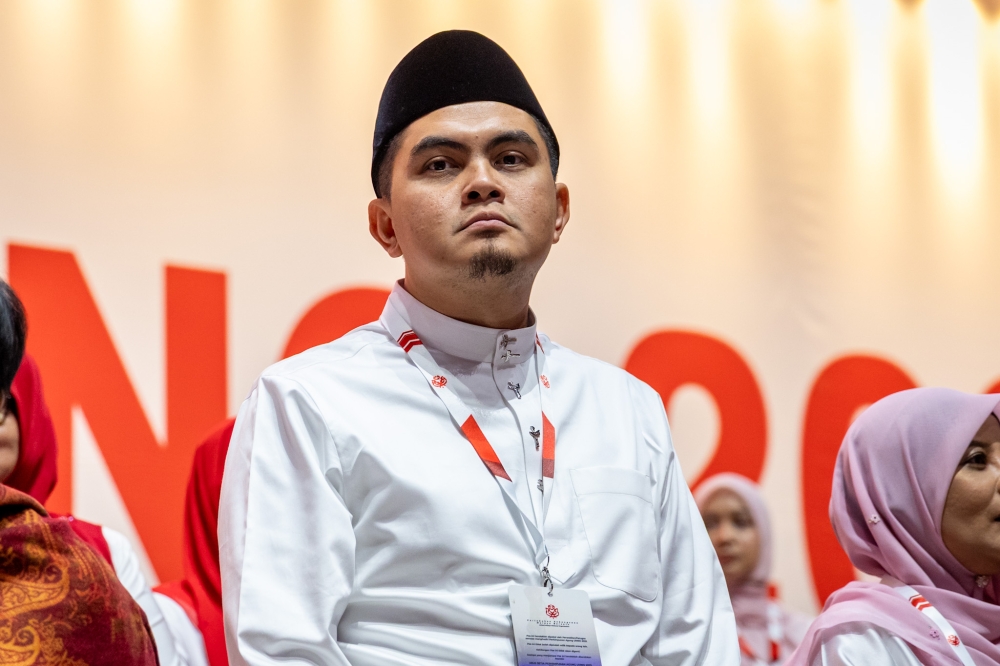
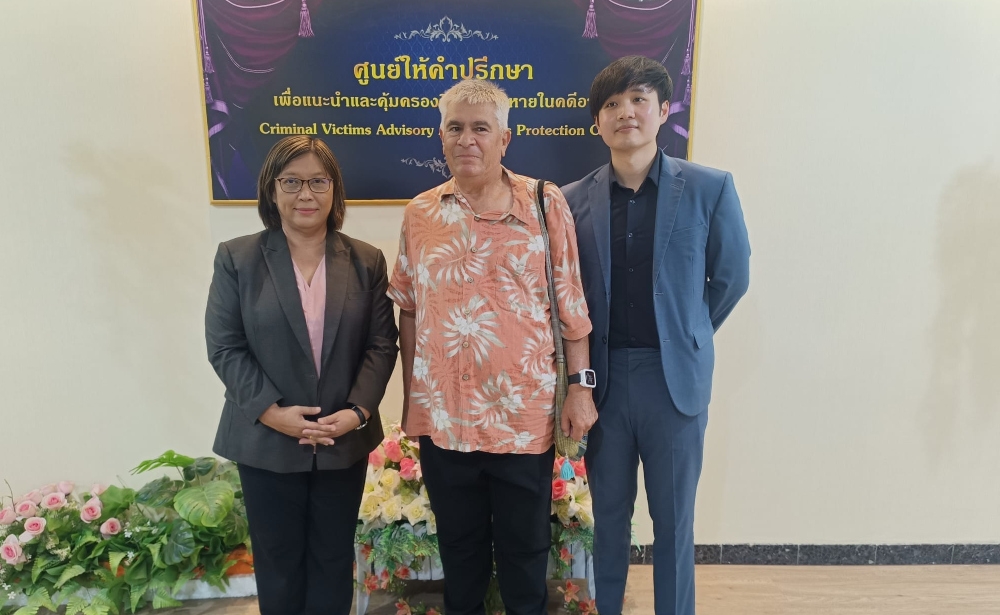








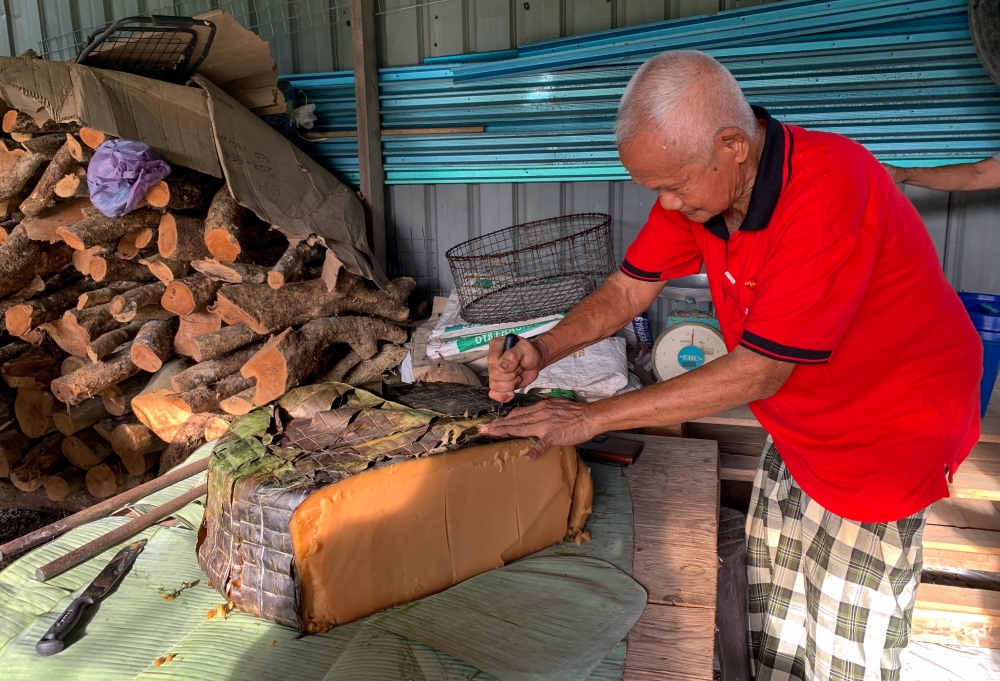
.JPG)


